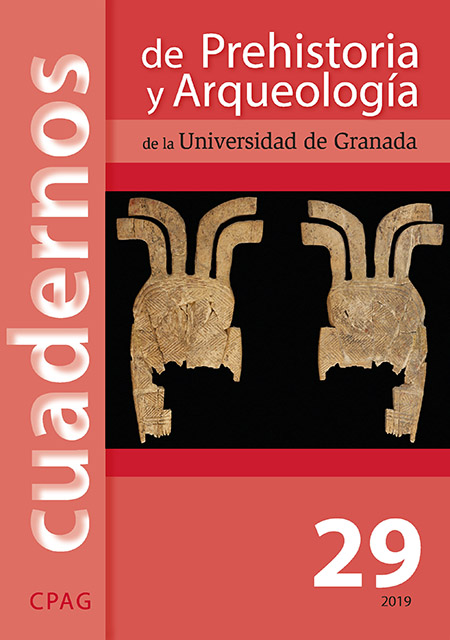OSSEOUS TECHNOLOGY IN THE EARLY AND MIDDLE NEOLITHIC IN THE CENTRAL BALKANS
##plugins.themes.xejournal.article.main##
Abstract
Osseous raw materials were important raw material in the Early and Middle Neolithic Starčevo culture of the South-East Europe; they were widely used for production of everyday tools (awls, needles, scrapers, burnishers, chisels, hammers, etc.), other utilitarian objects (such as handles), weapons (projectile points) and ornaments (pendants, beads, buckles). In this paper will be presented the analysis of technological choices (raw material selection and manufacturing techniques). Raw material selection shows the predominance of bones at most of the sites, but with some exceptions, such as high ratio of antlers in the Iron Gates region. Mollusc shells are not numerous, yet present at several sites. Raw material selection was relatively strict, while the manufacturing techniques show high level of technological knowledge and familiarity with raw material. They also display some chronological-cultural specific traits, such as use of abrasion only for the production of metapodial awls, making or large perforations, etc.



